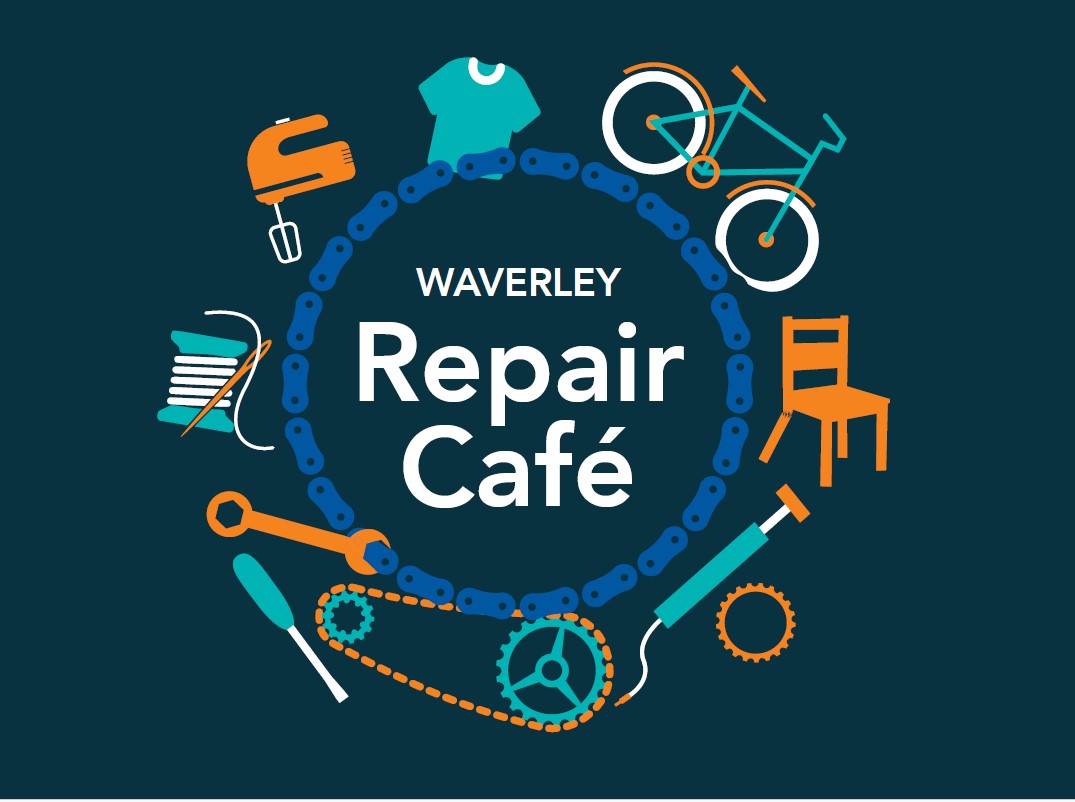
When making important decisions about the care of your loved ones, it’s crucial to understand the costs involved and the variety of options available. Across Australia, families face these decisions daily, seeking out the best care solutions within their means.
Whether it’s understanding government subsidies or weighing up in-home care versus residential facilities, being informed is the first step towards making financially and emotionally sustainable choices.
Before delving into the practicalities of organising senior care, imagine a scenario as comforting as anticipating a Christmas flower delivery. This same sense of reassurance is what we aim for in finding the right senior care.
Understanding The Costs Of Senior Care
Grasping the financial aspect of senior care is pivotal. You’re looking at a spectrum of costs, varying significantly based on the type of care your loved one requires.
Residential aged care facilities have their own cost structure, including daily fees and possibly a Refundable Accommodation Deposit (RAD). Alternatively, support at home — including home care services — might be charged hourly or by the level of care package agreed upon.
Should your preference lean towards retirement villages, you’ll encounter a different fee system, often combining a lump-sum payment with ongoing monthly fees. Don’t overlook the potential for government assistance, like Home Care Packages, to help ease your financial burden.

Cropped shot of elderly woman and female geriatric social worker holding hands. Women of different age comforting each other. Close up, background, copy space.
Exploring Care Options Available
When choosing the right care for your loved one, understanding the various options available is essential. Here’s a breakdown of the paths you might consider:
- Residential Aged Care Facilities: These are for individuals who need constant care and can no longer live independently. Facilities provide accommodation, meals, and 24-hour access to nursing and personal care.
- Home Care Services: This is ideal if someone values independence and wishes to stay home. Services range from help with household chores to nursing and healthcare assistance.
- Retirement Villages: This is suitable for those who can live independently but want access to care as needed. These communities often provide clubhouses, pools, and organised activities.
- Day Centres And Respite Care: Day centres are a great way to provide social interaction and activities during the day. Respite care, on the other hand, offers temporary relief for caregivers, ensuring they get a much-needed break.
- Palliative Care: This focuses on relieving the symptoms and stress of a severe illness. Its goal is to improve the quality of life for both the patient and the family.
- Specialised Dementia Care: Tailored for individuals with dementia, providing a secure environment and specialised support. Staff in these facilities are trained to manage the unique challenges dementia may present.
Each option carries its own set of benefits and considerations. It’s essential to weigh these against the specific needs and preferences of your loved ones.
Determining The Level Of Care Needed
Start by consulting healthcare professionals to gain a clear perspective on their needs, ranging from minimal assistance with daily activities to full-time medical supervision. Recognise that these requirements may change, necessitating periodic reassessment.
Furthermore, it’s essential to match the care provided with actual needs to ensure both adequate support and the preservation of independence. In some cases, this may involve simple home modifications or accessibility upgrades, with trusted suppliers such as Lencare offering solutions designed to support safer daily living at home.”
Considering The Location And Quality Of Care
Don’t underestimate the importance of location. Being close to family, friends, and familiar surroundings can significantly impact your loved one’s happiness and quality of life.
Moreover, the quality of care provided is paramount. Visit facilities, talk to staff and residents, and look up reviews and accreditation reports. It’s worth putting in the groundwork to find a place where your loved ones will be treated with respect and dignity.
Navigating Government Support And Funding
Regarding the financial side of senior care, you might find that government support can significantly ease the burden. Here’s what you need to keep on top of:
- Eligibility: Government funding is often means-tested, requiring a clear understanding of your family’s financial situation.
- ACAT Assessments: An Aged Care Assessment Team (ACAT) will determine the level of care needed. This is a vital step in accessing funding, so prepare for this assessment carefully.
- My Aged Care: This initiative is the first step towards accessing government-funded senior care services. Register and see through their offerings.
- Home Care Packages: These packages provide funding for services that can help your loved ones live independently in their home for as long as possible.
- Residential Care Subsidies: If moving into a care facility is necessary, investigate the subsidies available for accommodation and care costs.
While this process can be complex, thorough research and preparation will help you maximise the support available. Take it step by step, and don’t hesitate to reach out to My Aged Care for assistance.
Final Thoughts
From understanding the costs involved to exploring the various types of care and support available, every decision you make can potentially affect the well-being of your elderly loved ones.
Keep their needs and preferences at the heart of your planning, and don’t hesitate to seek guidance and support. By approaching senior care with a clear strategy and an open heart, you can find a path that feels right for everyone involved.







